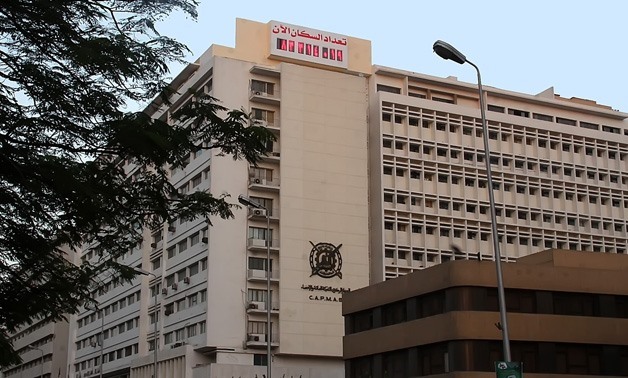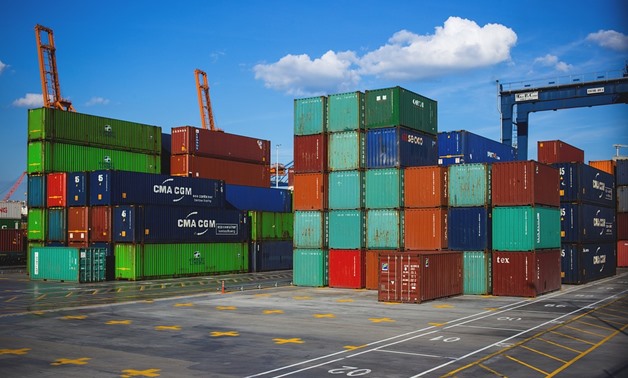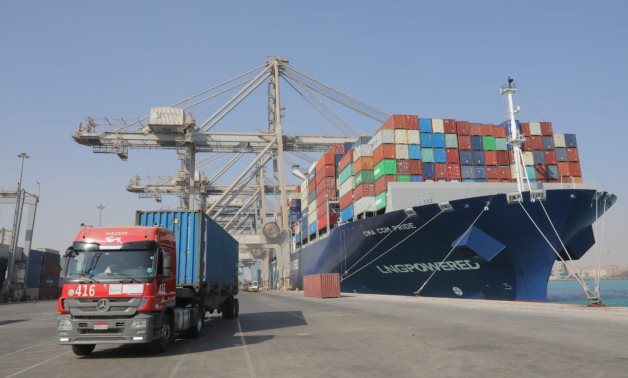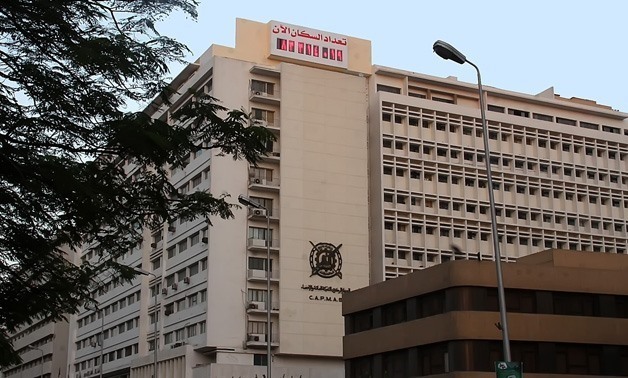Egyptian Imports

The value of exports surged by 21.3 percent, reaching $4.07 billion compared to $3.35 billion in October 2023.

Notably, this marks the highest export value and growth rate ever recorded during this timeframe, exceeding the total exports for all of 2023, which stood at $5.068 billion, with an increase of $474 million.

The Engineering Export Council of Egypt reported a 21.6% increase in exports during the first eleven months of 2024, reaching $5.1 billion compared to $4.2 billion in the same period of 2023

Egypt’s exports to Nile Basin countries reached $1.73 billion in 2023, marking a 2.1% increase from $1.70 billion in 2022

Egypt’s exports to the D-8 countries reached $3.1 billion during the first ten months of 2024, down from $3.7 billion during the same period in 2023.

Key products saw notable declines in their export values. Crude oil exports reached $2.1 billion, marking a 10.2% decrease from $2.4 billion in 2022.

The sector boasts investments exceeding 500 billion EGP, with more than 7,500 officially operating establishments providing over 7 million job opportunities. Additionally, the food industry contributes approximately 14% of Egypt’s total exports, emphasizing its importance in driving economic growth and enhancing international trade.

This rise in petroleum product exports coincides with a decline in crude oil exports over the same period.

Under this agreement, ADEX, an affiliate of the Abu Dhabi Fund for Development, will provide a $100 million annual revolving financing program over five years, amounting to a total of $500 million. This funding will support Egypt’s efforts to secure its wheat supply

The targeted industries, critical to Egypt’s economic growth, rely on locally available raw materials and are integral to the country’s import substitution strategy.

Exports grew by 10.2 percent, reaching $3.46 billion in September 2024, compared to $3.14 billion a year earlier.

The agreement aims to enhance trade flows, strengthen international supply chains, and provide reciprocal benefits to the private sector in both countries.

Abou El Makarem emphasized that exports are crucial for the industry's survival, driving quality improvement, development, and modernization of machinery

This represents an increase of approximately $536.6 million, reflecting a growing demand for vehicles according to data from the Central Agency for Public Mobilization and Statistics.

Egypt's economic growth during the Cairo ICT event. He highlighted that the sector contributes more than 15 percent of the country's GDP.

Foreign investments from G20 nations in Egypt rose to $12 billion in the 2022/2023 fiscal year, up from $8.7 billion in 2021/2022

The United States remains the largest market for Egyptian garments, accounting for $871 million, or 43% of total exports. The European Union follows with $482 million

A key contributor to this trend was a 7.2 percent drop in export values, which totaled $3.45 billion, down from $3.72 billion in the same period last year.

The CAPMAS report also highlighted a significant surge in Malaysian investments in Egypt, which rose to $24 million in the 2022/2023 fiscal year, a substantial increase from the $5.1 million seen in 2021/2022

Saudi Arabia led the BRICS countries importing from Egypt, with Egyptian exports amounting to $2.2 billion. The UAE followed with $1.8 billion, Brazil with $488 million, Russia with $438 million, India with $343 million, and China with $290 million.